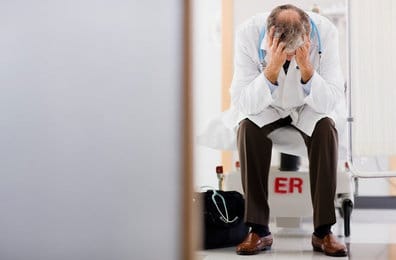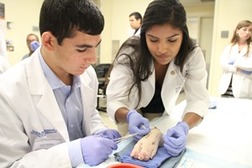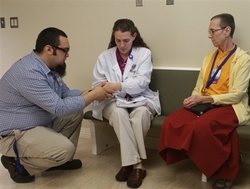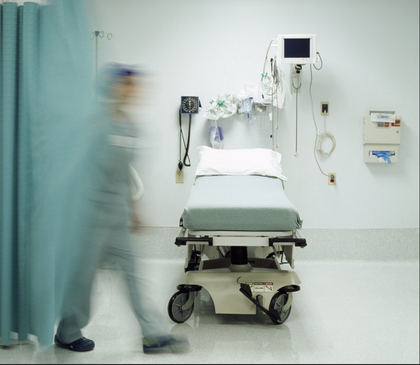
"Two major studies in the past month, one from the Mayo Clinic and one in the medical journal the Lancet, looked at various ways institutions have tried to deal with doctors’ fatigue, emotional exhaustion (a.k.a. burnout) and extraordinary depression rate: 29 per cent, versus 12 per cent of the general population.
The Mayo clinic study found hospitals had the most success with organization-wide changes like regular psychological screening, leadership training for supervising doctors and bi-weekly group dinners where residents can vent to peers who understand.
The Lancet paper, which reviewed previous studies, found pretty much all burnout-reduction programs were equally, and not very, effective. On average, they reduced burnout rates from 54 per cent to 44 per cent, as measured by a standard psychological test.
And that’s assuming those who have a problem admit it."
To read the full article, click here:
http://www.metronews.ca/…/…/05/doctor-diagnosis-burnout.html








 RSS Feed
RSS Feed
